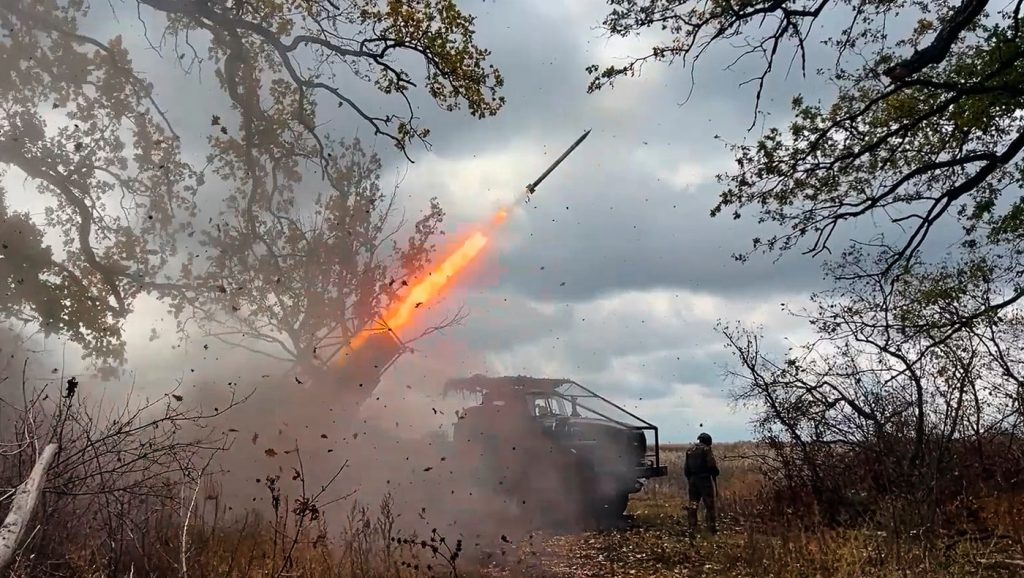On Monday, Belgium's Defense Minister Theo Francken raised alarms concerning a series of unidentified drone flights that took place over the weekend near a significant military base, the Kleine Brogel air base, where U.S. nuclear weapons are stored. Francken characterized these drone activities as likely being part of a spying operation, and he expressed the necessity for a thorough investigation into the incidents.
During an interview with public broadcaster RTBF, Francken confirmed that the drones had entered the vicinity of the Kleine Brogel air base on both Saturday and Sunday nights. He explained that the first phase of the drone activity comprised small drones that appeared to be testing the radio frequencies used by Belgian security services. Following this initial phase, larger drones were detected, which Francken noted seemed aimed at destabilizing the area and creating unease among the local population.
Francken commented on the troubling aspect of the drone flights, stating, "It resembles a spy operation. By whom, I don’t know. I have a few ideas but I’m going to be careful” about making any assumptions. This incident follows a month where several drones were also spotted operating above another military base in Belgium, situated close to the German border, though the operators of these earlier drones remain unidentified.
In recent months, allegations have surfaced accusing Russia of a variety of airspace violations, particularly in areas such as Estonia and Poland. However, identifying the culprits behind a series of mysterious drone flights in Denmark and Germany has proven to be considerably more challenging.
An incident at Berlin's Brandenburg airport on the preceding Friday saw flights suspended for nearly two hours due to another late evening drone sighting. The responsibility for that sighting also remains unclear.
Francken explicitly dismissed the possibility that the drone flights over the weekend in Belgium were a mere prank. He emphasized the sophistication of the operations, indicating that the security services’ electronic jammers failed to neutralize the drones because the operators were able to test and alter their radio frequencies. "They have their own frequencies. An amateur doesn’t know how to do that,” he explained, pointing to the organized and deliberate nature of the operations.
When questioned about the potential for taking down the drones if they were detected over a military base, Francken clarified that while they are permitted to shoot drones down that are directly above a base, they must exercise caution when the drones are nearby to prevent potential harm to civilian structures such as houses or cars. He underscored the complexity of the situation, noting that legal challenges surrounding the use of force against such drones further complicate the response strategy. "It’s not entirely clear. We have to clarify the legal grounds,” he stated.
In a broader reflection on Belgium's defense capabilities, Francken expressed frustration, claiming that Belgium is currently “chasing after the threat” posed by unauthorized drone flights. He lamented the missed opportunities to invest in air defense systems over the past five to ten years, which could effectively deal with these emerging threats from drone technology. Such proactive measures might have better equipped the nation to handle the ongoing security challenges posed by unidentified aerial vehicles.












